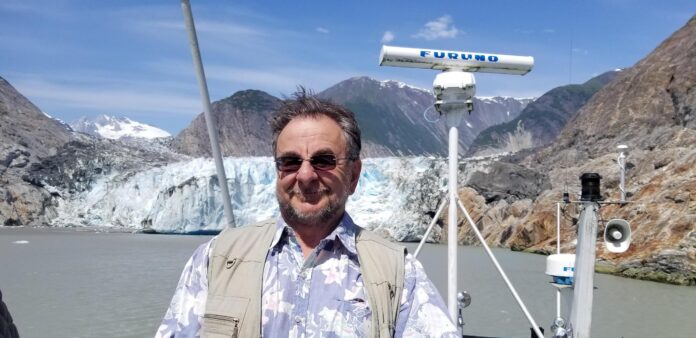Course designed to diversify reporting strategies, connect people
The University Writing Program is offering a new course this quarter: UWP111A Special Topics in Journalism focused on Diversity Reporting. The course will be taught by Stephen Magagnini, the retired senior diversity reporter for The Sacramento Bee and a continuing lecturer at UC Davis since 1990.
“One of our staple set of courses has been the 111 series; 111A is the special topics in journalism course, 111B is investigative journalism and 111C is science journalism,” said Associate Director of Professional Writing Rebekka Andersen. “Students who are interested in journalism will usually take 104C, which is the fundamentals of writing in journalism, and they have the opportunity to take any of the other three courses. 111A is usually offered in the fall, and it can be any number of topics.”
Diversity reporting is especially relevant in this day and age, Andersen said.
“We have a significant population of immigrants in the Central Valley,” she said. “We have a lot of diversity on our campus. Diversity reporting is a good way to focus on the needs and the challenges of people from all different backgrounds and ethnicities. How do you write about so many groups of people that is sensitive to their cultures, backgrounds and needs?”
Magagnini plans to teach the course using lessons from his career in journalism as well as through the employment of guest speakers and assignments meant to place students in diverse settings.
“I will teach from my own experience,” Magagnini said. “I have been the only white person in a black township in Soweto on the eve of the first free elections. I have been the only non-Muslim in large groups of Muslims in Sacramento to Pakistan … I will give [students] some assignments where [they] will step outside of [their] comfort zone.”
Exploring how reporters get individuals with a different background than their own to tell their stories to them is a fundamental concept Managagnini hopes students engage with.
“The trick is basically to look inside yourself and tap into your own humanity and your own curiosity about people,” Magagnini said. “When you go to strangers and they sense that your interests are genuine and you are not there to hurt them or to advance your agenda they will trust you. If you are not afraid of them, they are likely not to be threatened by you. We are human beings first and journalists second.”
The humanizing lessons proposed in the class may be translatable beyond the journalism sphere, teaching students how to host constructive dialogue with various people throughout their lives.
“If these students develop some confidence to be able to have these conversations and find the common ground — there always is some — it will help them in every way of life,” Magagnini said.
Fourth-year sociology organizational studies and English double major Aimee Lagrandeur, who took UWP 104C, believes teaching empathy is key to diversity reporting.
“If you go in with empathy, then understanding is easier,” Langrandeur said. “You are trying to listen, you are trying to understand.”
Moreover, this specialized diversity reporting class helps students expand upon the rudimentary information covered in the fundamentals of journalism course.
“It’s cool to have a diversity angle with journalism” said Lagrandeur. “It is something you don’t think about, because you are only really aware of your own experience. The course wouldn’t just be about creating a space in an interview where someone would feel comfortable answering questions. It would also be interesting to open your eyes to the other potential questions you could ask that you haven’t really thought about.”
Lagrandeur suggested that a foundational understanding of what diversity means should be a precursor to the course — “Race and gender, for example, are socially constructed,” Lagrandeur said. “It might be god to vet out some student biases first.”
Overall, Magagnini hopes the diversity reporting class will act as a way to address the hate he has noticed as of recent.
“Some people now think they have a license to hate,” Magagnini said. “That’s something I have never seen before. I don’t know if diversity reporting can combat this, but [I hope] people can get exposed to people who are different from them.”
Written By: Caroline Rutten — arts@theaggie.org




